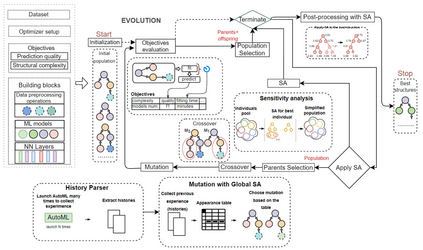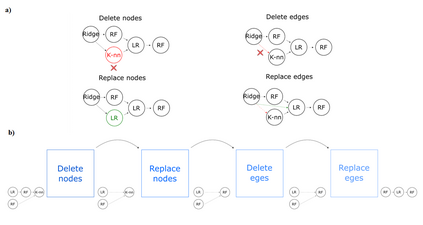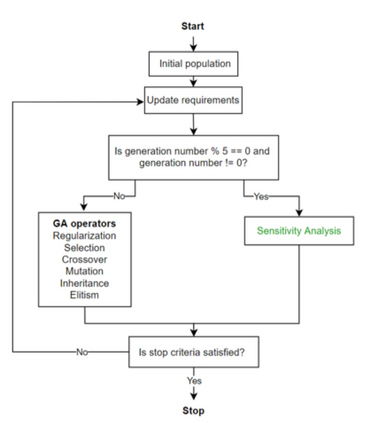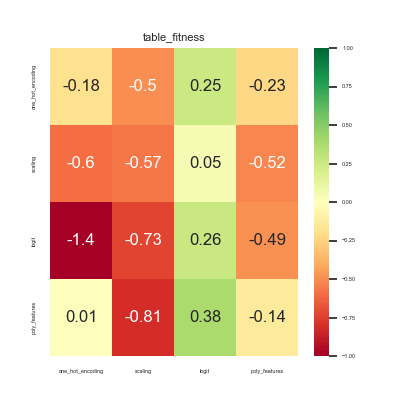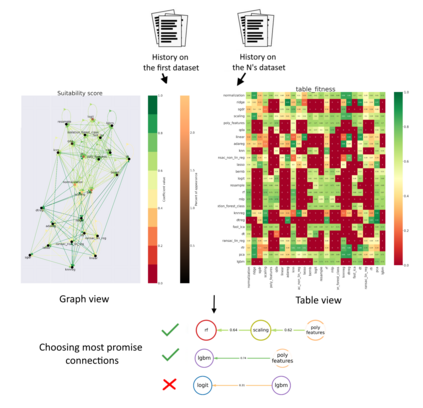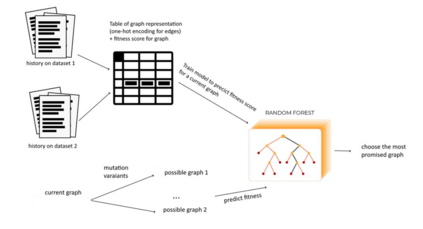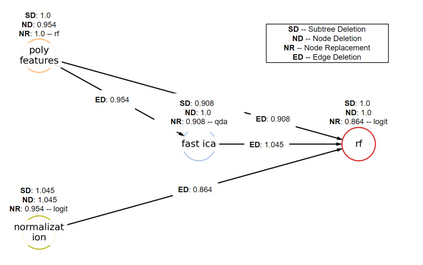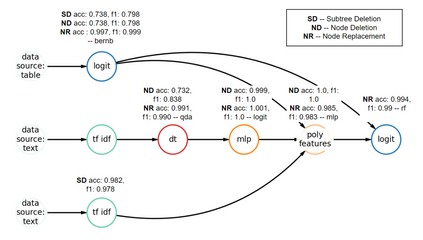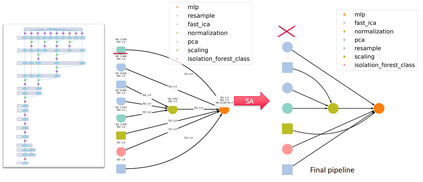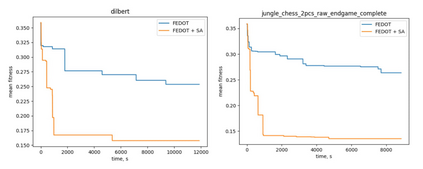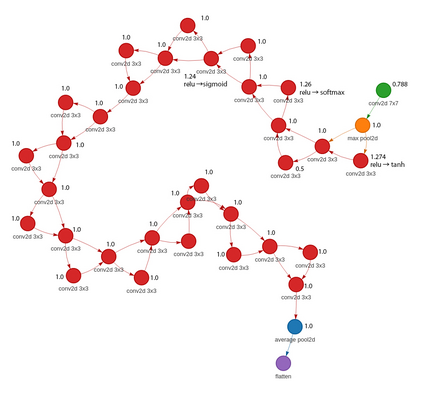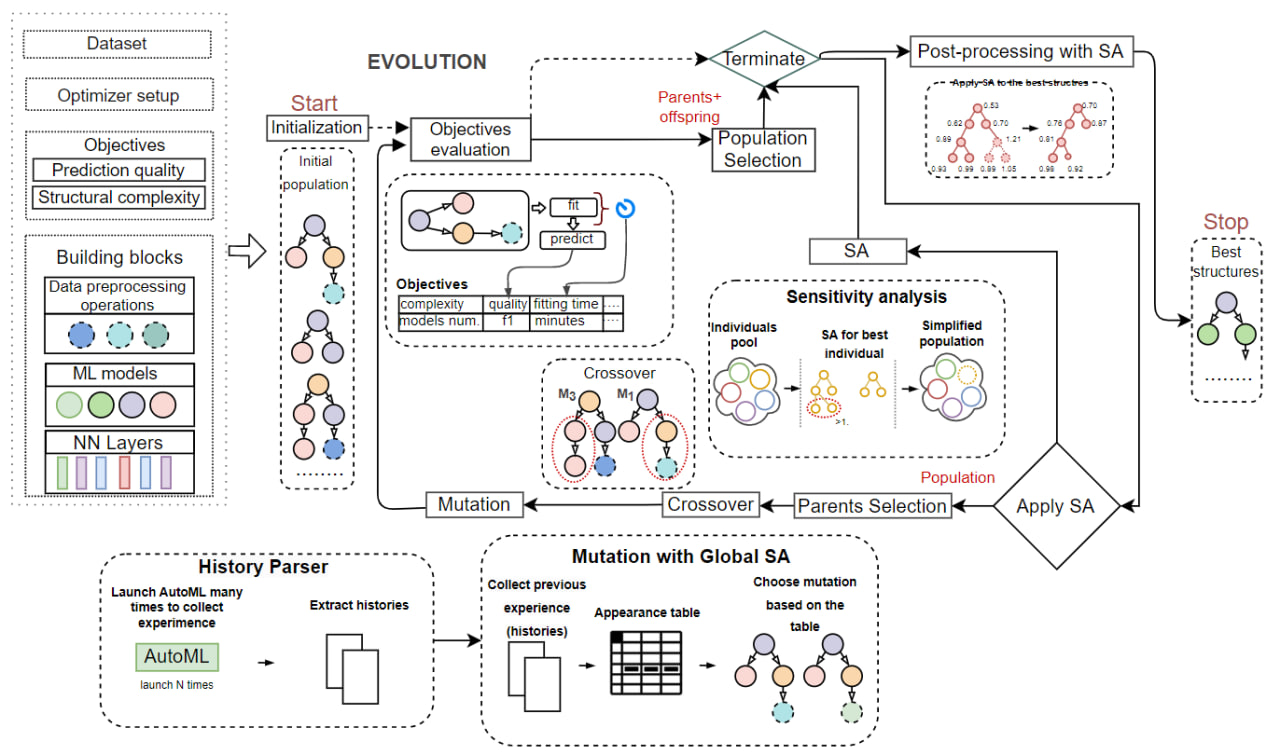Automated machine learning (AutoML) systems propose an end-to-end solution to a given machine learning problem, creating either fixed or flexible pipelines. Fixed pipelines are task independent constructs: their general composition remains the same, regardless of the data. In contrast, the structure of flexible pipelines varies depending on the input, making them finely tailored to individual tasks. However, flexible pipelines can be structurally overcomplicated and have poor explainability. We propose the EVOSA approach that compensates for the negative points of flexible pipelines by incorporating a sensitivity analysis which increases the robustness and interpretability of the flexible solutions. EVOSA quantitatively estimates positive and negative impact of an edge or a node on a pipeline graph, and feeds this information to the evolutionary AutoML optimizer. The correctness and efficiency of EVOSA was validated in tabular, multimodal and computer vision tasks, suggesting generalizability of the proposed approach across domains.
翻译:暂无翻译

